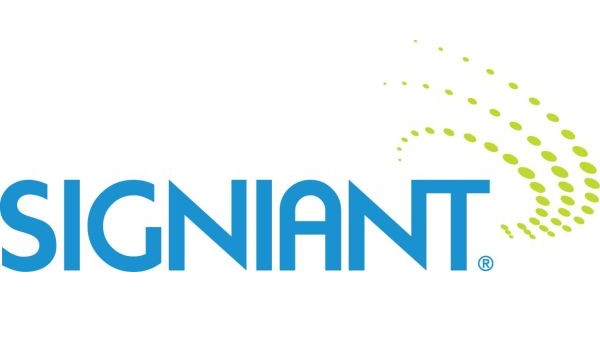Viewer antenna woes in Wilmington don’t surprise researcher
The professional video industry's #1 source for news, trends and product and tech information. Sign up below.
You are now subscribed
Your newsletter sign-up was successful
The top source of problems among Wilmington, NC, residents who were unable to watch their normal over-the-air TV shows following the Sept. 8 shutoff of normal analog television service and commencement of full-on DTV service was their antennas, according to an Associated Press story Sept. 9 evening.
At least encouraging is that viewers, for the most part, knew the transition was coming and took steps to maintain reception. Quoting National Telecommunications and Information Administration (NTIA) figures, FCC Chairman Kevin Martin said prior to the noon transition that more than 36,000 Wilmington households had requested 67,000 converter box coupons, 25,000 of which had been redeemed.
However, somewhat less encouraging was the AP report quoting an Elon University professor, who coordinated students answering viewer calls at local stations. According to the report, although many callers had converter boxes, students working the phones had to inform callers to connect an antenna, raise their antennas higher or get a more powerful antenna.
The news comes as no big surprise to Barry Goodstadt, senior VP of market researcher Centris. Goodstadt has been sounding an alarm since February when Centris released research findings showing that DTV coverage will not live up to expectations, largely because of issues related to viewers’ antennas.
In a telephone interview Tuesday night, Goodstadt said initial reports of viewer antenna problems were disturbing. “In the scheme of things, Wilmington is a fairly flat area,” he said. “We have found on average that 54 percent of over-the-air households will have trouble and estimated that number would be half in Wilmington.”
While acknowledging that it’s too early to draw conclusions as to the extent of antenna-related problems in Wilmington, Goodstadt said the anecdotal evidence is not good news. “The fact is that even visible (problems related to consumer antennas) suggest that other areas where there is variable terrain will have bigger problems, which will be much more apparent,” he said. “Wilmington, in effect, is the tip of the iceberg.”
Within the next few weeks, Centris will field researchers in Wilmington to gauge the typical consumer experience in the nation’s first market to make the DTV switch, he said. Some of the firms Centris is working with may also do field measurements to validate the firm’s data, Goodstadt said.
The professional video industry's #1 source for news, trends and product and tech information. Sign up below.
